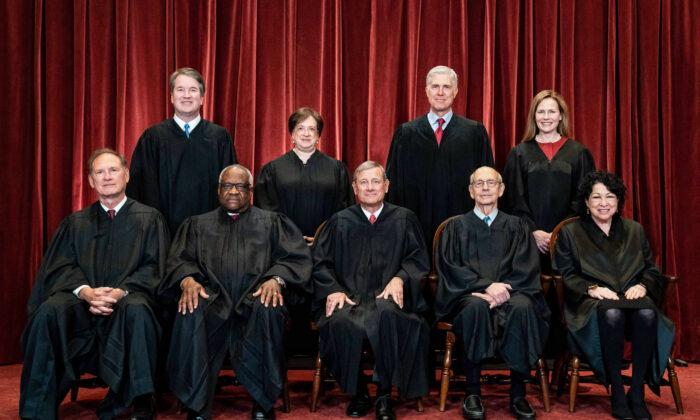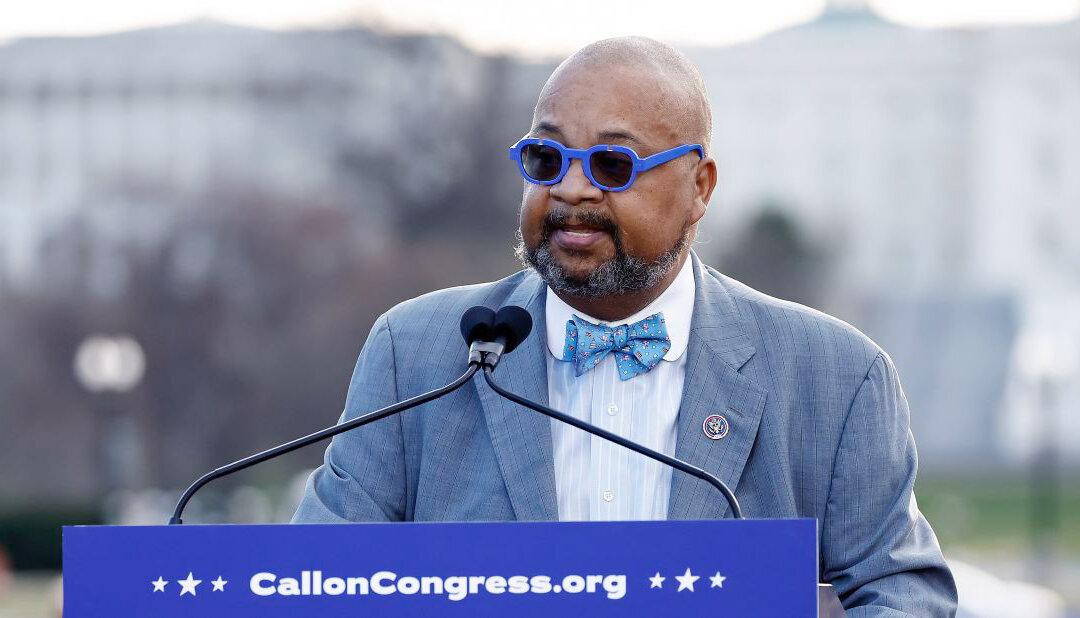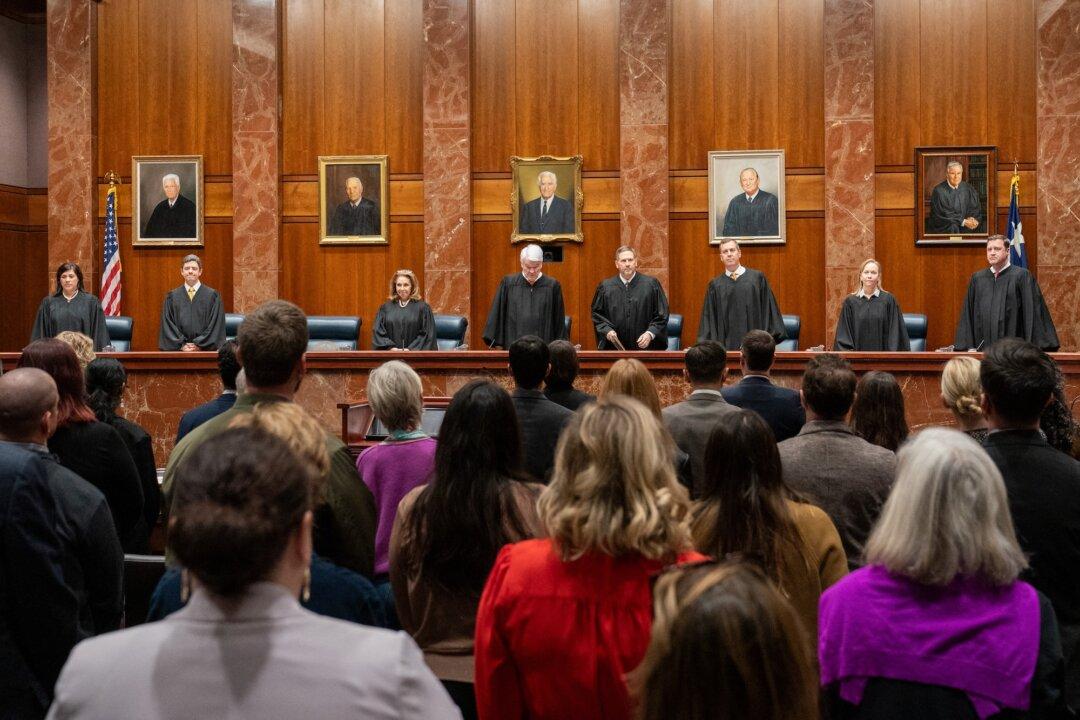The U.S. Supreme Court on Monday rejected an appeal from a Texas prisoner who was convicted of robbery but argued officials violated the constitutional ban on “cruel and unusual” punishment by submitting him to spend 27 years in solitary confinement.
Dennis Wayne Hope, the inmate, appealed a lower court ruling that argued he did not show whether his prolonged stay in solitary confinement violated the Constitution’s 8th Amendment. Hope is still in prison but was released from solitary last year.
In an unsigned order, the court turned away Hope’s appeal. None of the justices issued a dissent.
“Hope’s solitary confinement violated the Eighth Amendment because it was, objectively, a sufficiently serious deprivation and because prison officials, subjectively, acted with deliberate indifference to that deprivation (one defendant, for example, knew of the effects long-term isolation had on Mr. Hope yet refused to order his release from solitary confinement),” court papers said. It noted that the state relied on Hope’s escape more than two decades ago in justifying his solitary confinement punishment.
The 8th Amendment states: “Excessive bail shall not be required, nor excessive fines imposed, nor cruel and unusual punishments inflicted.”
John F. Stinneford, a law professor at the University of Florida Levin College of Law, wrote in an amicus brief that common use of solitary confinement is a relatively new feature within America’s prison system.
Hope’s “allegations against the named defendants fail to show the defendants’ actions rose to the level of the deliberate indifference,” federal Judge Ron Clark wrote. Meanwhile, he did not show “either a retaliatory motive or causation regarding his claims against the defendants” and that he has failed to “produce either direct evidence of motivation or allege a chronology of events from which retaliation may plausibly be inferred.”
The judge also factored Hope’s “propensity to commit violent crimes, as well as a history of possession and use of firearms, impersonating a public servant or security officer, and escaping from custody on two separate occasions” in rejecting his lawsuit.
“Plaintiff also complains of the defendants’ failure to follow prison rules and regulations. However, the failure to follow prison regulations, rules or procedures does not rise to the level of a constitutional violation,” Clark’s order said. “Therefore, plaintiff’s allegations fail to state a claim upon which relief may be granted.
After the Supreme Court’s order Monday, Hope’s attorneys expressed disappointment.
She added: “The idea of putting prisoners in solitary confinement for decades on end would have been anathema to the founders, and we believe that the Supreme Court must someday take up a case to make that clear.”






Friends Read Free